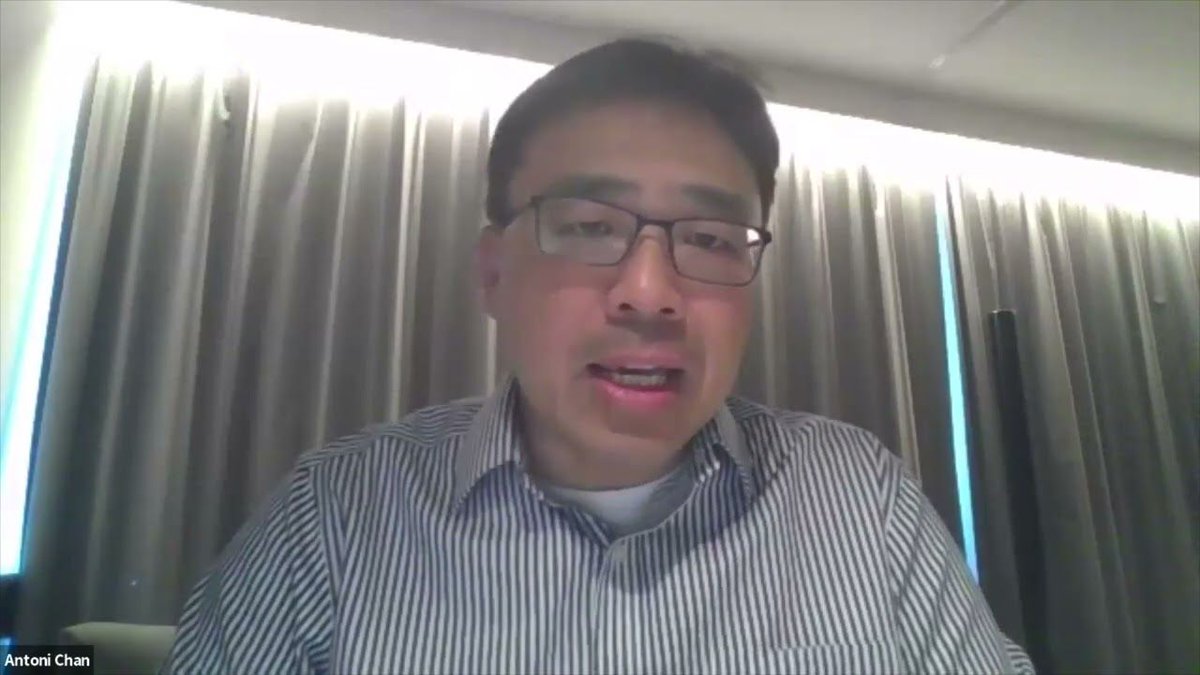All News
The path to new technologies in rheumatology must be beset with caution
As we have incorporated technology into our workflows, and consequently saved lives and suffering, we have balanced our excitement about progress with proof that incremental advances can truly deliver benefit. it is easy to let promise carry our caution away - and while most of the time such advances come in a vetted package, which we can consume without concern, conference abstracts come raw. This is the necessary ingredient to a platform which allows for bold ideas and innovation, but for that reason it is not such a curated space. At EULAR 2024, we saw the usual mix of bright, raw ideas on the poster floor emblematic of this paradigm.
Read ArticlePersonalized Exercise may have Key Benefits in Axial Spondyloarthritis
In a very interesting study at #EULAR2024, researchers demonstrated that personalized, supervised exercise therapy significantly improves physical function and quality of life for individuals with axial spondyloarthritis (axSpA) and severe functional limitations. This finding marks a critical advancement in the treatment of axSpA, particularly for patients with sustained disease activity, severe ankylosis, or significant comorbidities, who have historically been under-represented in research.
Read Article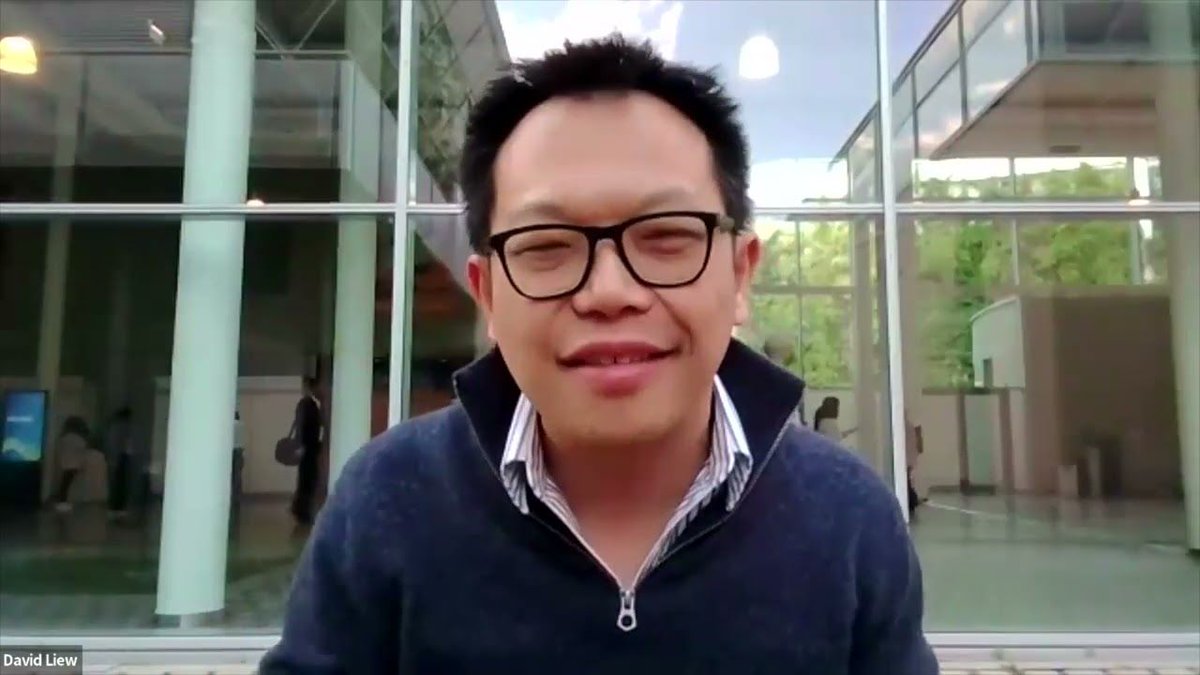
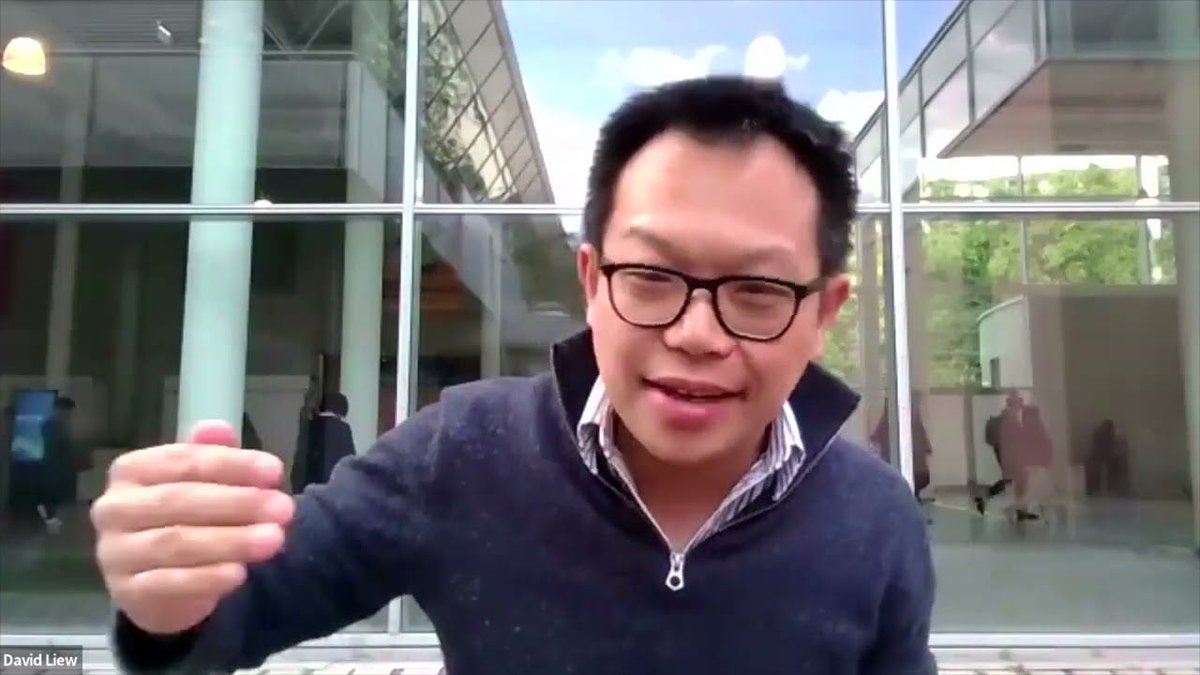



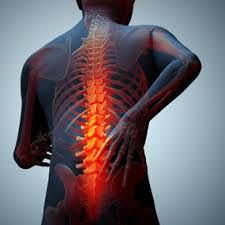
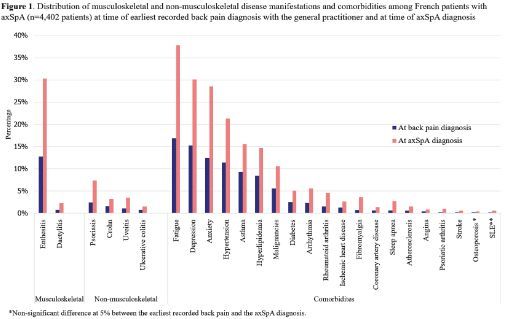

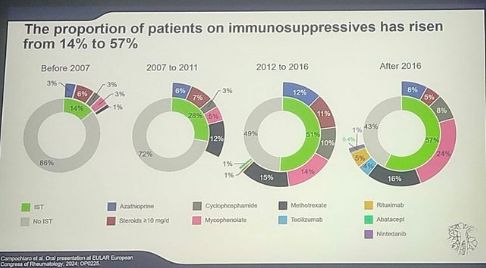
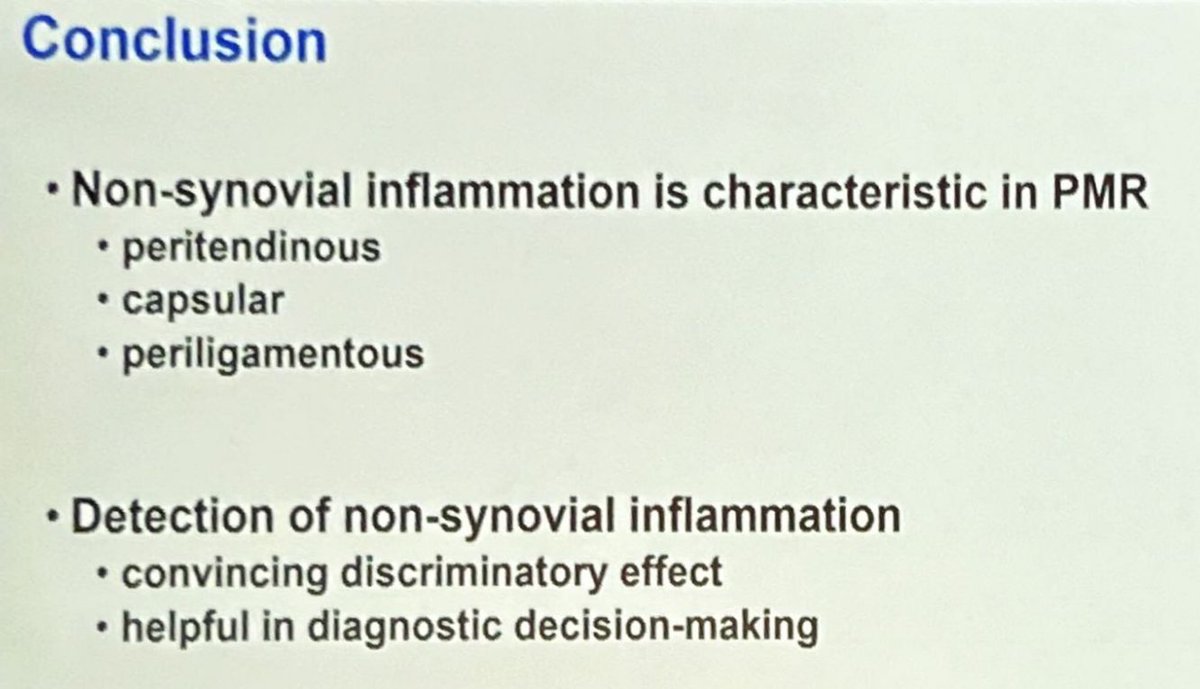
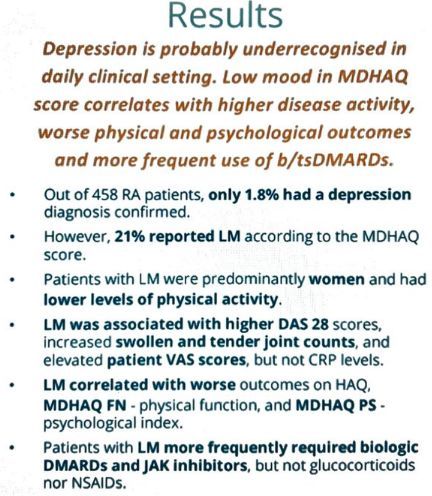
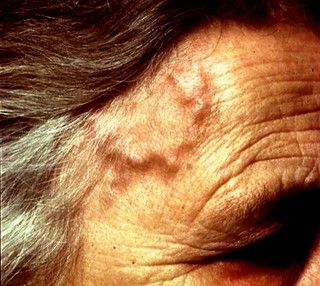
Links:



